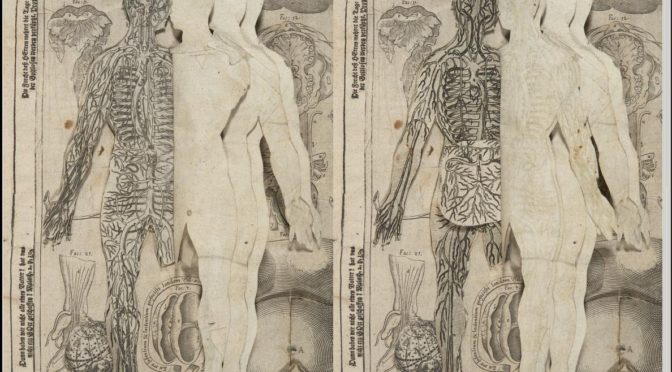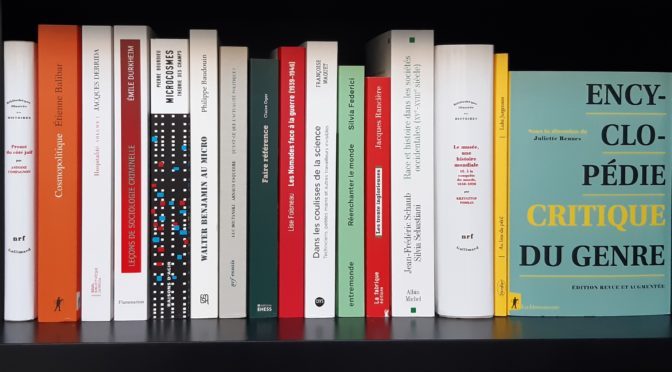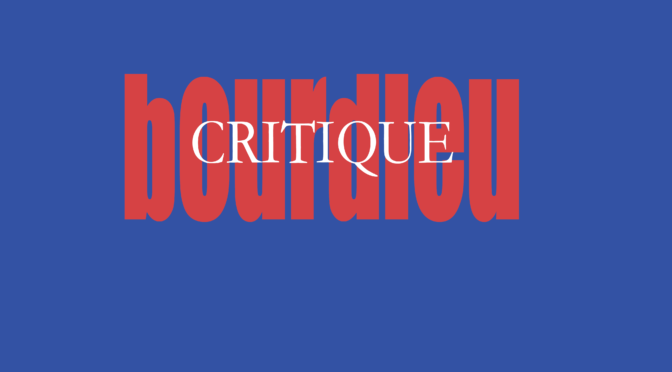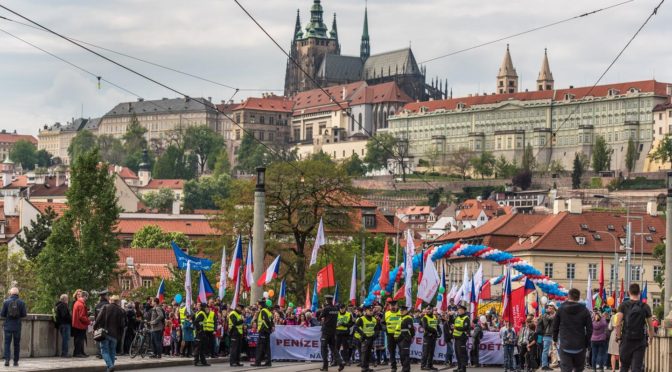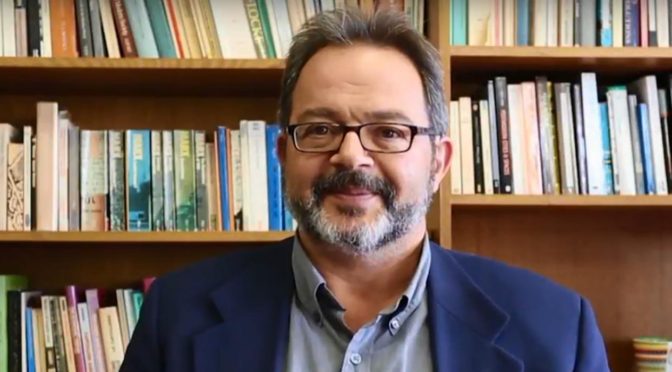Conservative mobilizations in Central Eastern Europe in transnational perspective
International Conference
Date: 8-9 December 2022
Location: CEFRES Library
Organizers:
– CEFRES
– Institute of Political Studies, Faculty of Social Sciences, Charles University
– Research Group (GDR) “Connaissance de l’Europe médiane”, CNRS,
– The French Ministry of Higher Education and Research – PARCECO Programme
Convenors: Anemona Constantin (CEFRES / Charles University), Valentin Behr (CNRS, Centre Européen de Sociologie et de Science Politique)
Language: English, French
Program
Day 1, 8 December 2022
09:30 : Welcome coffee & snacks
10:00 : Opening remarks, Mateusz Chmurski, Director of CEFRES
10:15 : General introduction, Valentin Behr & Anemona Constantin
10:30–12:00 – Panel 1 – Intellectuals’ engagements and the transnational circulation of ideas
Chair : Ronan Hervouet (CEFRES / Université de Bordeaux)
Discussant: Jakub Franek (IPS, Faculty of Social Sciences, Charles University)
10:30 : Alihan Mestci (CESSP, Paris I University/CNRS/ EHESS), “Erdoğan regime. The expertise on the issue of the “legitimate culture”
10:50 : Anemona Constantin (CEFRES / IPS, Faculty of Social Sciences, Charles University), “How the conservative intellectuals do mobilize? Reflections on the emergence of a conservative International”
11:10 Discussion
11: 30 : Q&A
12.00-13.30: Lunch
13:30–15:30 – Panel 2 – Espaces intermédiaires et registres de mobilisation conservatrice
Chair: Michèle Baussant (ISP-CNRS / ICM / CEFRES)
Discussant: Annie Collovald (ISP-CNRS / Paris Nanterre University)
13:30 : Marie-Hélène Sa Vilas-Boas (CREDA, IHEAL / ERMES / Paris 3 University – Côte d’Azur University) “The ‘truth’ as a programm. Production of the political offer and religious references among the Bolsonarists in Rio (online)
13:50 : Aurélie Stern (CETOBaC, EHESS / Galatasaray University), “All descendants of Attila? The Turkish presence at the Macar Turan Kurultayı identity festival in Hungary.”
14:10 : Adrien Nonjon (CREE, INALCO), “Technology as a tool of the conservative renewal in Baltic space? The case of the prometheist new-right wings”
14:30 : Discussion
14:50 : Q&A
15.30-16.00: Coffee break
16:00–18:30 –Panel 3 – Late socialism and illiberal post-communism in perspective
Chair: Valentin Behr (CESSP, Paris I University / CNRS / EHESS) & Anemona Constantin (CEFRES / Charles University)
16:00 : Michal Kopeček (Czech Academy of Sciences): “Compromise in the Rule-of-Law: politics of liberal constitutionalism and the Rule of Law doctrines in East Central Europe after 1989”
16:20 : Laure Neumayer (Picardie University “Jules Verne”): The transformations of Central European anti-Communism after 1989
16:40 : Jérôme Heurtaux ( Paris-Dauphine University) : “When left-wing historians and activists re-read the communist past in Poland” (online)
17:00 : Julian Waller (IERES / George Washington University) (online): “‘Illiberalism’ in the East but ‘postliberalism’ in the West? Conceptualizing and mapping ideological dissent from Eastern Europe to America” (online)
17:20 : Discussion
17:40 : Q&A
18.30: End of Day 1
19:30 : Dinner
Day 2: 9 December 2022
9:00–11.00 – Panel 4 – Civil society and grassroots mobilizations
Chair: Valentin Behr (CESSP, CNRS)
Discussant: Pavel Barša (Faculty of Arts, Charles University)
9:00 : Eve Gianoncelli (Maison francaise d’Oxford) The forms and limitations of metapolitics: the case of the European Conservative (tbc)
9:20 : Marcin Ślarzyński (Institute of Philosophy and Sociology, Polish Academy of Sciences), “From the rituals of rebellion to the rituals of power? Local cultural and political practices of right-wing civil society organizations in Poland before and after taking power in 2015”
9:40 : Adrien Beauduin (CEFRES / Central European University), “Learning from the West? Western sources of the Czech parliamentary far-right”
10:00 : Discussion
10:20 : Q&A
11:00-11:30: Coffee break
11:30–13:30: Panel 5 – Legal order, moral order and illiberal identities within the conservative realm
Chair: Fedora Parkmann (CEFRES / Faculty of Arts, Charles University)
Discussant: Zora Hesová (Faculty of Arts, Charles University)
11: 30 : Natasza Quelvennec (CESSP, Paris I University / CNRS / EHESS), “Gender on trial. A legal think tank at the heart of the conservative international”
11:50 : Victor Hugo Ramirez-Garcia (LIPHA, Paris-Est Créteil University), “European institutions’ response to conservative backlash. The case of transnational justice and gender education”
12:10 : Paul Gradvohl (Paris 1 University), “Moral order, social order and (inter)nationalist circulations during the 20th and 21st centuries”
12:30 : Discussion
12:50 : Q&A
13:30: End of Day 2
You can find the call for papers here.
You can find the abstract of each presentation here.
You can download the programme here.
You can find the list of participants here.
Foto: Petr Sís, Člověk a víra.

